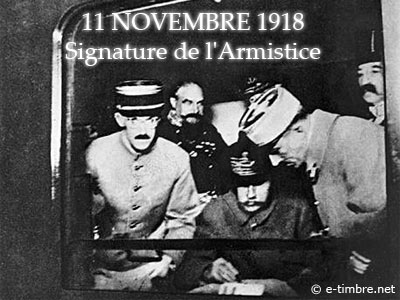The First World War left nine million soldiers dead and 21 million wounded, with Germany, Russia, Austria-Hungary, France, and Great Britain each losing nearly a million or more lives.
In addition, at least five million civilians died from disease, starvation, or exposure.
Note
On June 28, 1914, in an event that is widely regarded as sparking the outbreak of WWI, Archduke Franz Ferdinand, heir to the Austro-Hungarian empire, was shot to death with his wife by Bosnian Serb Gavrilo Princip in Sarajevo, Bosnia. Ferdinand had been inspecting his uncle's imperial armed forces in Bosnia and Herzegovina, despite the threat of Serbian nationalists who wanted these Austro-Hungarian possessions to join newly independent Serbia. Austria-Hungary blamed the Serbian government for the attack and hoped to use the incident as justification for settling the problem of Slavic nationalism once and for all.

On July 28, 1914 Austria-Hungary declared war on Serbia, and the tenuous peace between Europe's great powers collapsed.
On July 29,1914 Austro-Hungarian forces began to shell the Serbian capital, Belgrade, and Russia, Serbia's ally, ordered a troop mobilization against Austria-Hungary. France, allied with Russia, began to mobilize on August 01,1914
France and Germany declared war against each other on August03,1914
After crossing through neutral Luxembourg, the German army invaded Belgium on the night of August 3-4, prompting Great Britain, Belgium's ally, to declare war against Germany.
For the most part, the people of Europe greeted the outbreak of war with jubilation. Most patriotically assumed that their country would be victorious within months.
In 1915, the Allies attempted to break the stalemate with an amphibious invasion of Turkey, which had joined the Central Powers in October 1914, but after heavy bloodshed the Allies were forced to retreat in early 1916.
The year 1916 saw great offensives by Germany and Britain along the western front, but neither side accomplished a decisive victory.
In the east, Germany was more successful, and the disorganized Russian army suffered terrible losses, spurring the outbreak of the Russian Revolution in 1917.
By the end of 1917, the Bolsheviks had seized power in Russia and immediately set about negotiating peace with Germany.
In 1918, the infusion of American troops and resources into the western front finally tipped the scale in the Allies' favor.
Germany signed an armistice agreement with the Allies on November 11, 1918




No comments:
Post a Comment